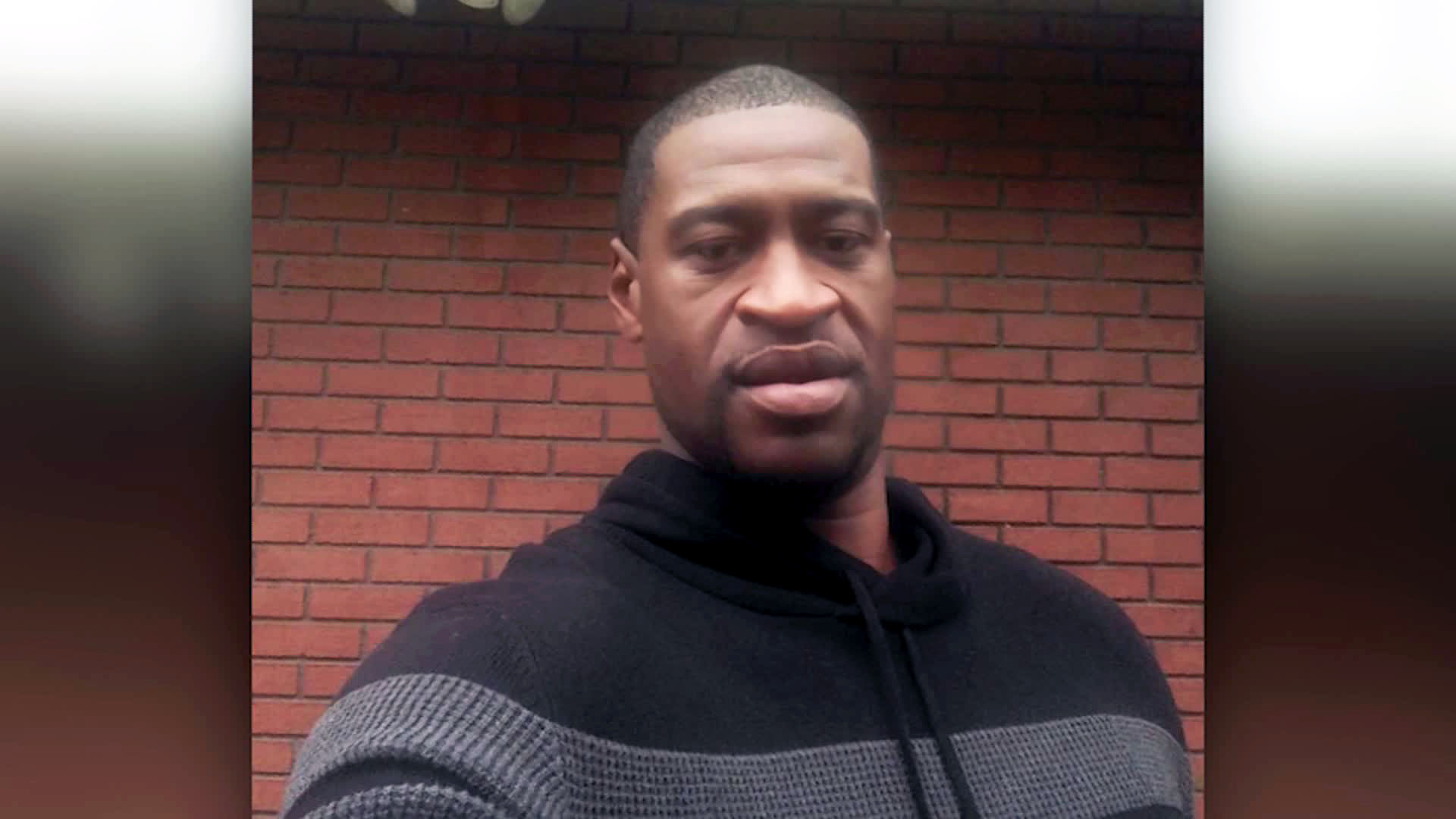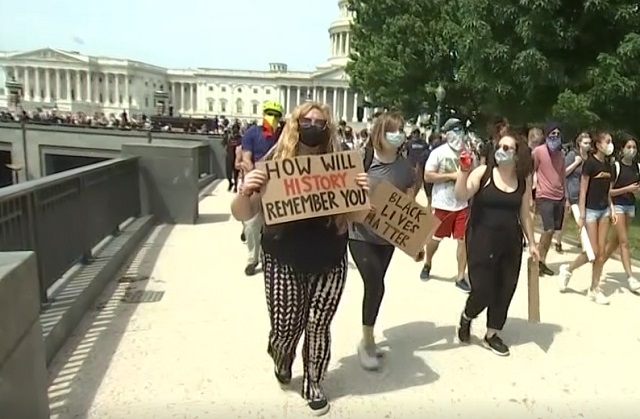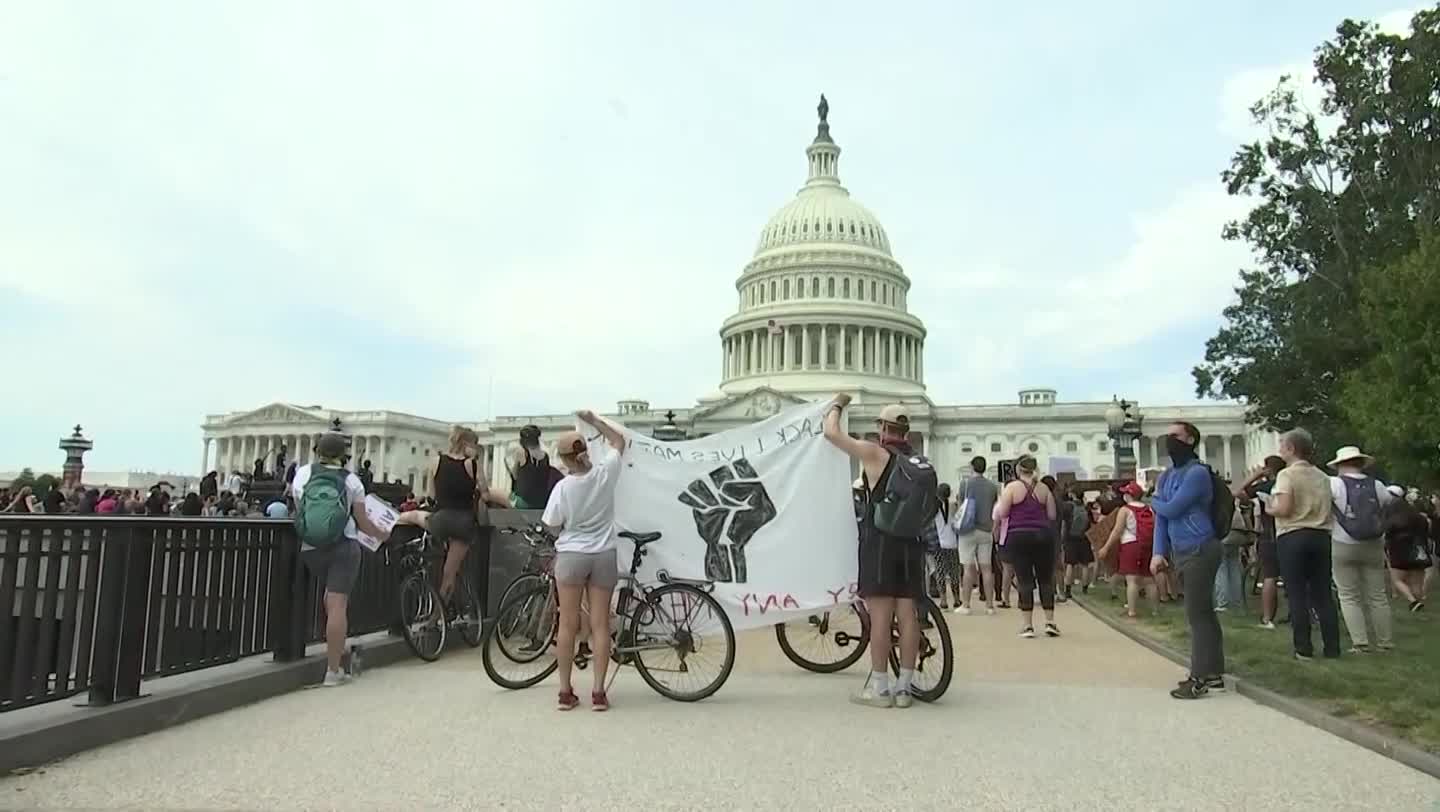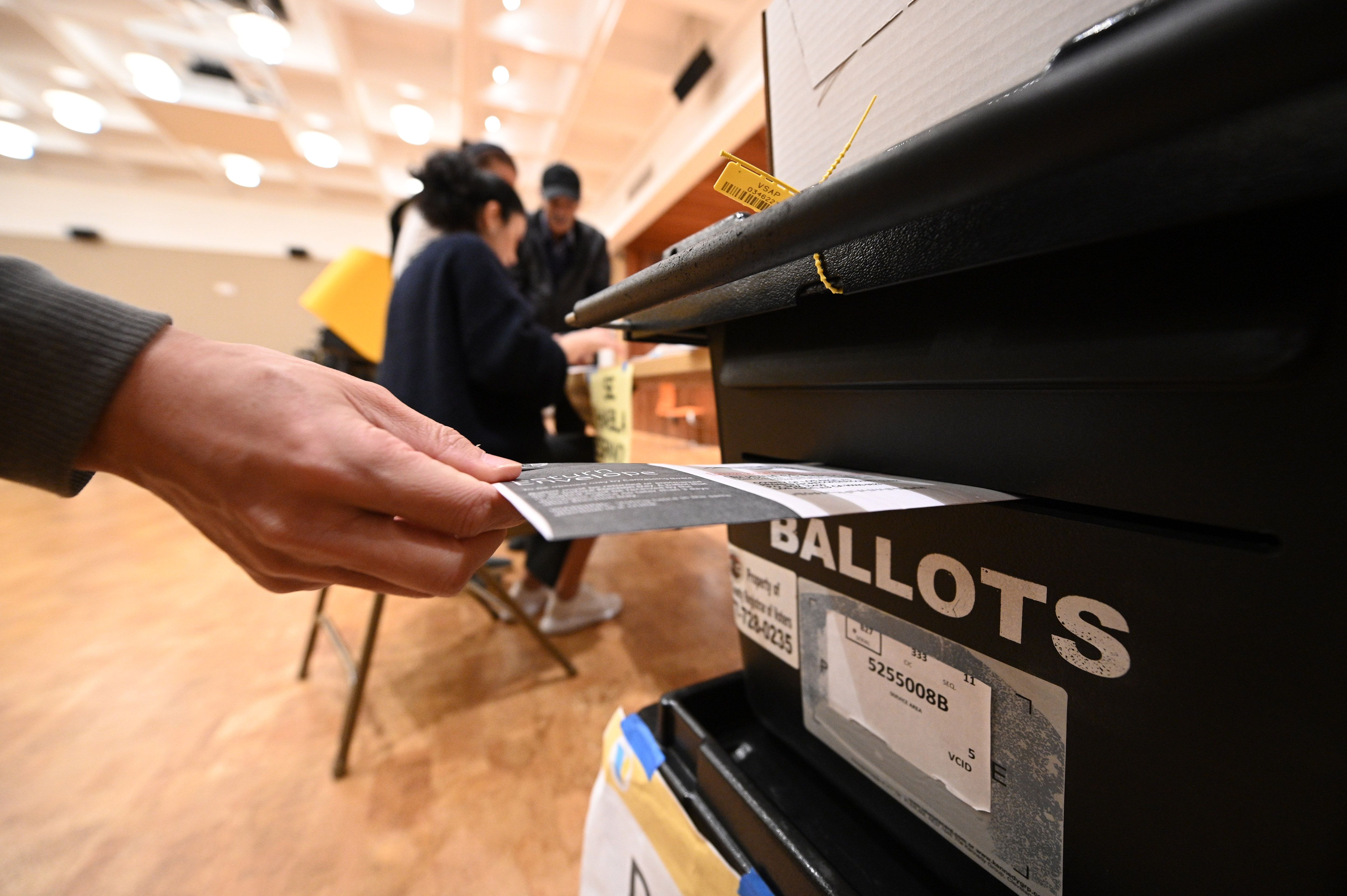OKLAHOMA CITY (KFOR) – The jury is seated and trial of an Oklahoma City cardiologist accused of second-degree murder is underway at the Oklahoma County Courthouse.
On Tuesday, state prosecutors laid out their case against Dr. Bryan Perry.
Assistant District Attorney Catt Burton told the jury it started after Perry left the Oklahoma Heart Hospital and went to ZT Cigar, a lounge Perry is a member of.
Prosecutors showed a condensed version of surveillance video of the more than four hours Perry spent at the lounge where he finished nine glasses of alcohol. They then explained that he went to Northpark Mall club, The Liszt, where he finished four more drinks.
After that, the state estimated Perry was driving at speeds over 100 mph on the Kilpatrick Turnpike.
It was raining by the time he was on I-35, and that’s when he slammed into Nicholas Rappa, who was riding his motorcycle.
Prosecutors said Perry kept on driving until he crashed into a light pole. They said he continued to drive until his car died, at which point they said he ran away, tried to jump over a fence, failed and hid in a ditch until he was found by police.
After that, Burton said he wasn’t cooperative with officers.
“It’s a tragic accident that hopefully at the end of the day everybody will understand that,” said Scott Adams, Perry’s defense attorney.
Adams doesn’t dispute Perry was driving drunk.
However, he contends Perry was not speeding or driving erratically.
He also made arguments that Rappa’s motorcycle was “blacked out” and wasn’t visible on the road. In opening statements, he suggested that when Rappa was hit, he was only traveling about 10 mph or not moving at all. He also said that Rappa had a restricted motorcycle endorsement on his license that would only allow him to drive under the supervision of someone over 21-years-old.
Dr. Perry could not avoid the accident with the way that the bike was equipped. It was completely blacked out, it had no lights on it and it is what it is,” Adams said.
But motorcyclist advocate Rita Talbott who was sitting in the courtroom all day was frustrated by the Adams claims. She argued that some of the questions he asked were only posed to confuse the jury about the law.
“The defense attorney needs to quit asking questions that have nothing to do with anything,” Talbott said.

























